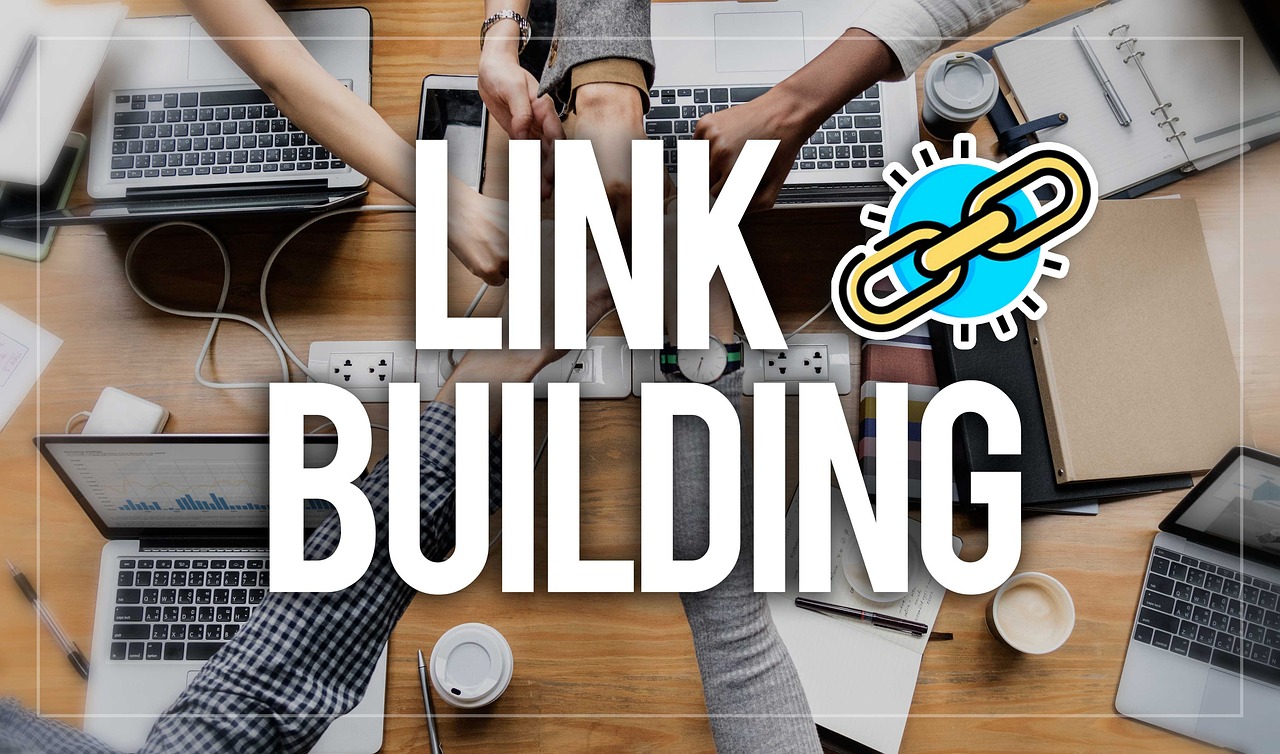These days, an online presence that caters to international audiences is essential for businesses looking to expand their reach. One important part of global SEO is getting links from foreign language websites, which helps boost your website’s ranking in various countries and languages. However, securing high-quality links abroad poses unique challenges compared to domestic link building. In this article, we’ll explore effective strategies for multilingual link building.
Researching Opportunities for Link Building
To begin, research which foreign markets offer the best opportunities related to your business. Focus on countries where there is demand for your products/services and your top competitor sites are already ranking well locally. Once you’ve identified priority geographic targets, search for local news sites, industry blogs, directories and other resources in those regions to connect with. Don’t rely solely on Google Translate; work with a native speaker to properly localise outreach emails.
Creating Foreign Language Content
You need to produce localised content assets to capture international audiences long-term. Hire native freelance writers to create blog posts, guides and other materials tailored specifically to foreign readers. Translated content comes across as spammy and low-quality. Plus, search engines factor language relativity into rankings, so original local language pages perform better. Make landing pages with geo-targeted keywords and meta descriptions in multiple languages to facilitate natural international link building.
Cultivating Relationships Over Time
Remember that influencing foreign sites to backlink to you takes time and effort. Just like with domestic outreach, you need to build relationships by being helpful first without aggressive self-promotion. Comment on international blogs and forums while providing thoughtful advice. Share others’ content through social media. Building goodwill and trust slowly but surely paves the way for eventual guest posting, press mentions, and backlinks down the line. You may also want to consider working with link building services UK for this aspect.
Networking with Influencers Abroad
In most countries, digital marketing and SEO communities are smaller and more tight-knit compared to the UK and US. That means networking with local influencers goes a long way. Identify thought leaders in your industry through blogs, conferences and social media. Then join relevant Facebook Groups, LinkedIn discussions etc. to connect organically. Don’t spam promos; provide thoughtful commentary first. Nurture genuine relationships over time, and influencers may eventually link back to your content.
Getting Featured as a Foreign Guest Poster
Reaching out to international bloggers for contributor slots is an excellent link building tactic too. Having a native speaker draft pitches helps tremendously in conveying cultural nuances correctly. When accepted as a guest writer, craft posts specifically for that foreign audience rather than repurposing old articles through translation tools. Include locally optimised keywords to boost relevance. Importantly, follow all editorial guidelines, provide useful imagery/stats, and portray cultural sensitivity within your writing.
While securing authoritative backlinks from abroad requires more effort, it pays dividends through greater international visibility and search rankings. By researching the most relevant foreign markets, creating multilingual content assets, networking with local influencers and contributing to international blogs, you can execute an effective multilingual link building strategy over time. The key is crafting region-specific outreach and content while respecting cultural differences across global target audiences.











